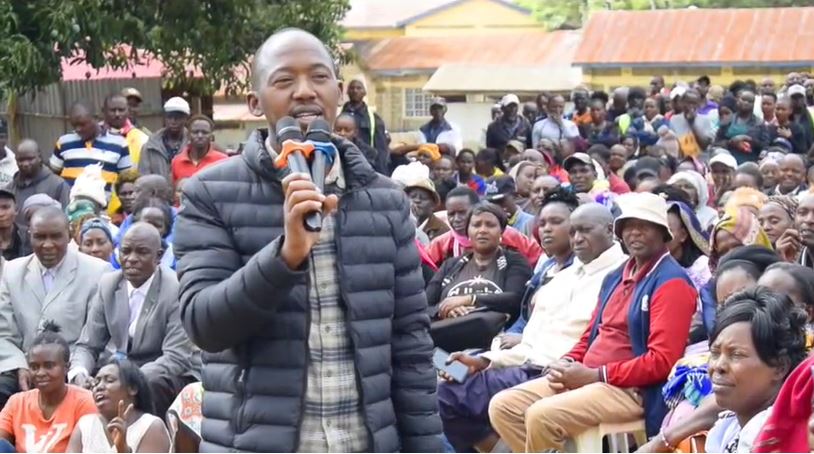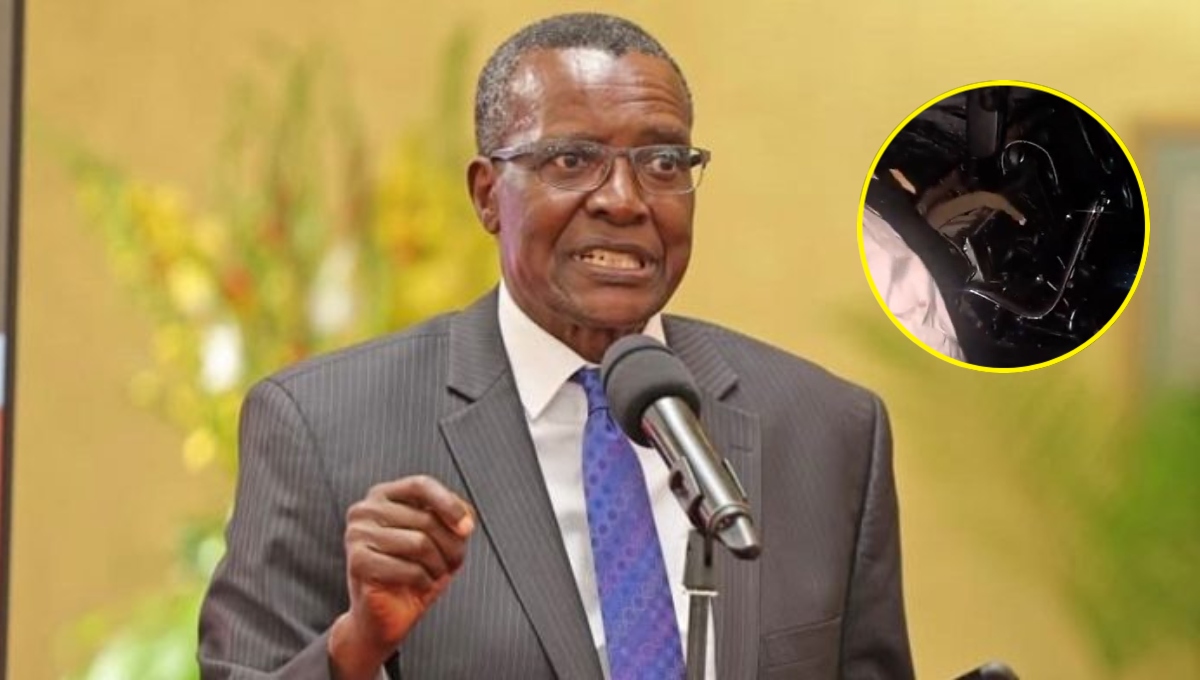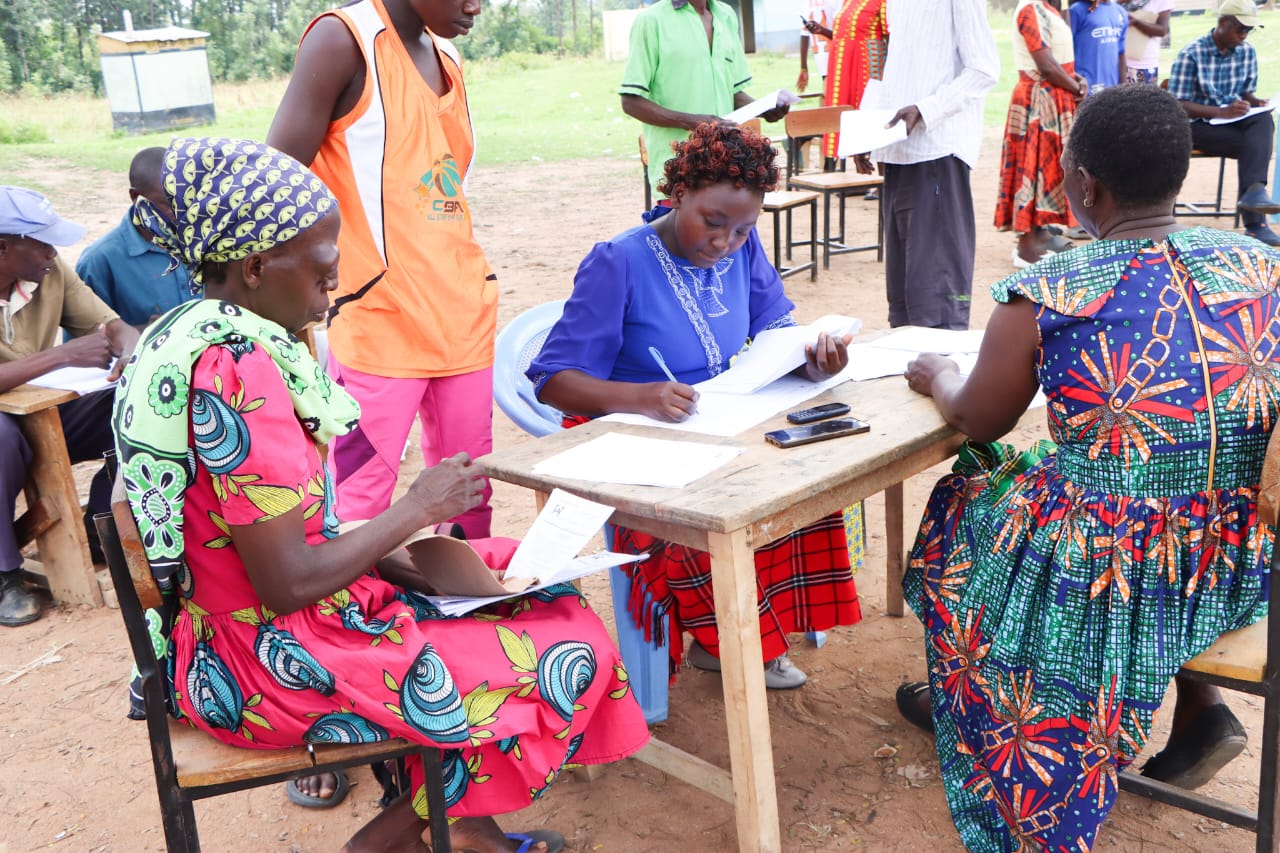As the Finance Bill 2024 approaches finalization, a clear and disturbing pattern is emerging: the views and concerns of Kenyans, expressed during public participation sessions, are at risk of being sidelined.
These sessions, mandated by the Constitution, are meant to be a cornerstone of our democratic process, ensuring that the public’s voice informs legislative decisions, especially those as impactful as tax laws.
As outlined in Chapter One of the Constitution of Kenya 2010, and reiterated in Articles 201, 221, and 232, the involvement of citizens in government decision-making is fundamental.
The Public Finance Management Act, 2012, and the National Assembly Standing Orders further underscore the necessity of integrating public input in financial legislation. To disregard these contributions is to undermine the very foundation of our governance system.

Various industry stakeholders and ordinary Kenyans have voiced strong opposition to several proposed tax measures.
If MPs choose to ignore the public’s input and vote strictly along party lines, as seen in previous years, they will confirm the public’s worst fears: that these participation sessions are nothing more than a costly charade.
What is the purpose of soliciting public opinion if it is to be dismissed out of hand? If public participation is to be meaningful, it must be reflected in the legislative process.
The National Assembly has a duty to take the insights and objections raised by Kenyans seriously.
As representatives of the Kenyan people, MPs must demonstrate that they value and respect the voices of their constituents. Ignoring public input on the Finance Bill 2024 would be a grave error, one that the National Assembly must avoid if it is to maintain the public’s trust and uphold the principles of our democracy.











